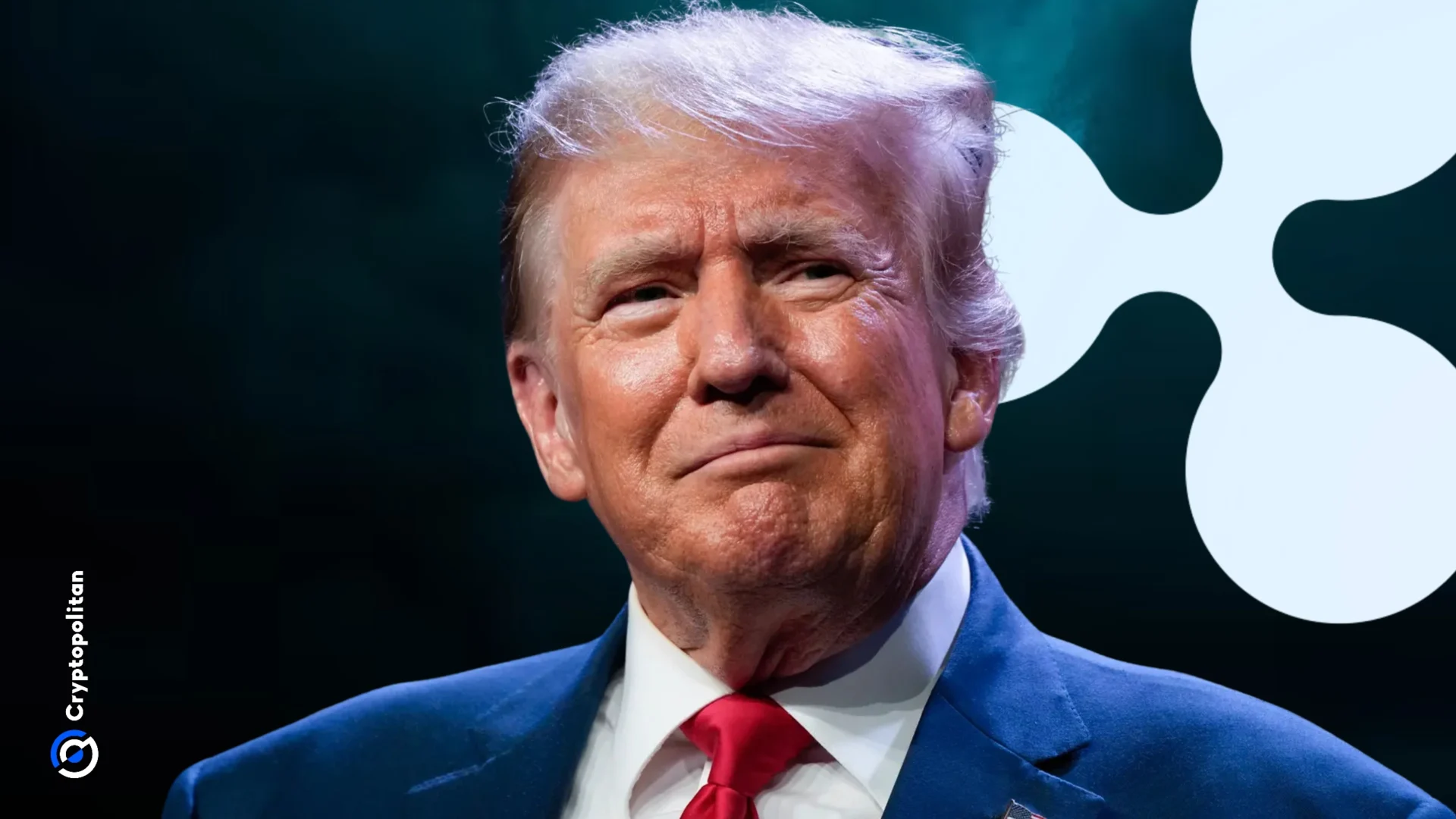In a riveting twist that’s sure to keep political and financial pundits busy for weeks, Michael Lewis, renowned author of ‘The Big Short,’ has stirred the pot in a recent interview. Airing on “60 Minutes,” Lewis revealed that Sam Bankman-Fried, the beleaguered founder of the now-defunct crypto exchange FTX, had considered offering Donald Trump about $5 billion to dissuade him from running for the presidency. Moreover, Lewis indicated that Bankman-Fried wasn’t entirely sure if this unique electoral strategy would even pass legal muster.
A tumultuous fall from grace
Once hailed as a crypto wunderkind, Bankman-Fried’s empire unraveled in 2022, tarnishing a net worth once estimated at $26.5 billion by Forbes. His downfall culminated in a Chapter 11 bankruptcy filing for FTX, revealing its reliance on in-house crypto tokens as collateral. This dependency alarmed investors, especially when cryptocurrency markets took a hit. Currently, Bankman-Fried is confined in a Brooklyn detention center, confronting seven federal charges ranging from wire fraud to conspiracy to commit money laundering.
Bankman-Fried’s enigmatic political leanings have also raised eyebrows. Before FTX’s implosion, the entrepreneur was an avid political donor, generously contributing $40 million to Democratic causes in the 2022 midterm elections. However, he also confessed to being a significant Republican donor. Consequently, his supposed willingness to pay Trump such a hefty sum adds another perplexing layer to his already complex persona.
Lewis claimed that Bankman-Fried was unsure if the $5 billion amount came directly from Trump. According to Lewis, bankman-Fried also questioned the legality of paying Trump not to run.
Micheal Lewis: “There was a number that was kicking around. And the number that was kicking around when I was talking to Sam about this was $5 billion.”
Significantly, Steven Cheung, a spokesperson for Donald Trump, had a brief yet scathing retort to Lewis’s allegations, labeling Bankman-Fried a “fraudster and someone that can’t be trusted.” Bankman-Fried’s legal representatives remained conspicuously silent, failing to respond to weekend inquiries.
However, even before his financial meltdown, Bankman-Fried sought to wield his wealth in an unconventional manner. According to Jon Wertheim, a correspondent for “60 Minutes,” Bankman-Fried wanted to influence the 2024 elections differently. It’s this revelation that has set the rumor mill ablaze: Was the proposed $5 billion an earnest offer or just speculative chatter? And despite the looming legal battles, the question remains—would such an audacious political gambit even be lawful?
Therefore, as Bankman-Fried prepares to stand trial, this latest disclosure fuels ongoing debates about the intersection of politics, business, and ethics. While legal authorities probe Bankman-Fried’s past donations to both Democrats and Republicans, this bizarre tale offers an unprecedented look into the machinations of power and money.





